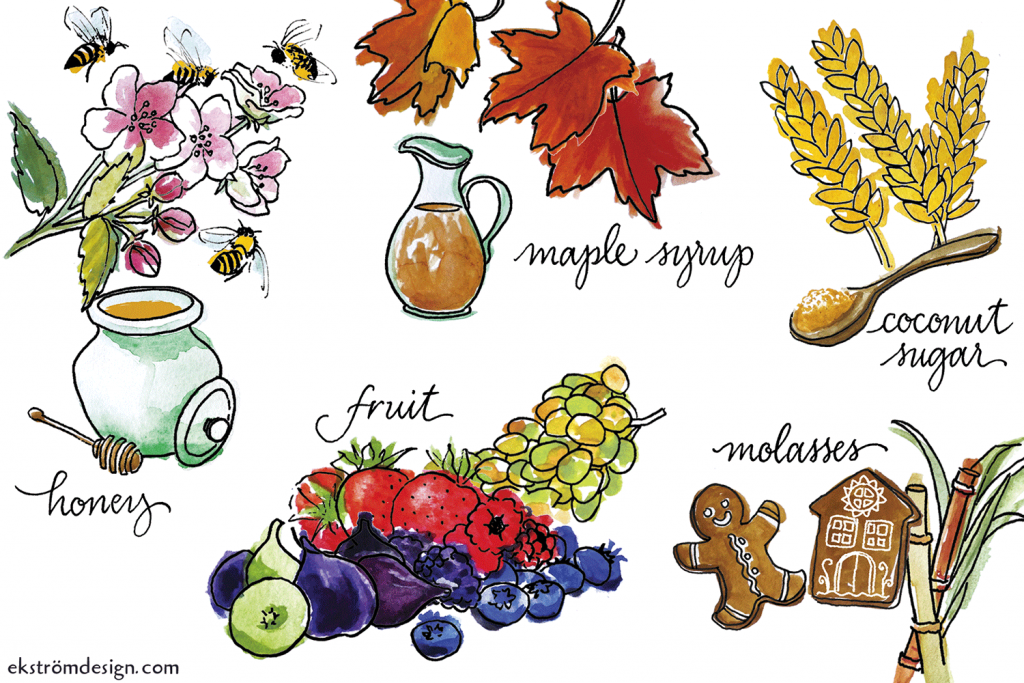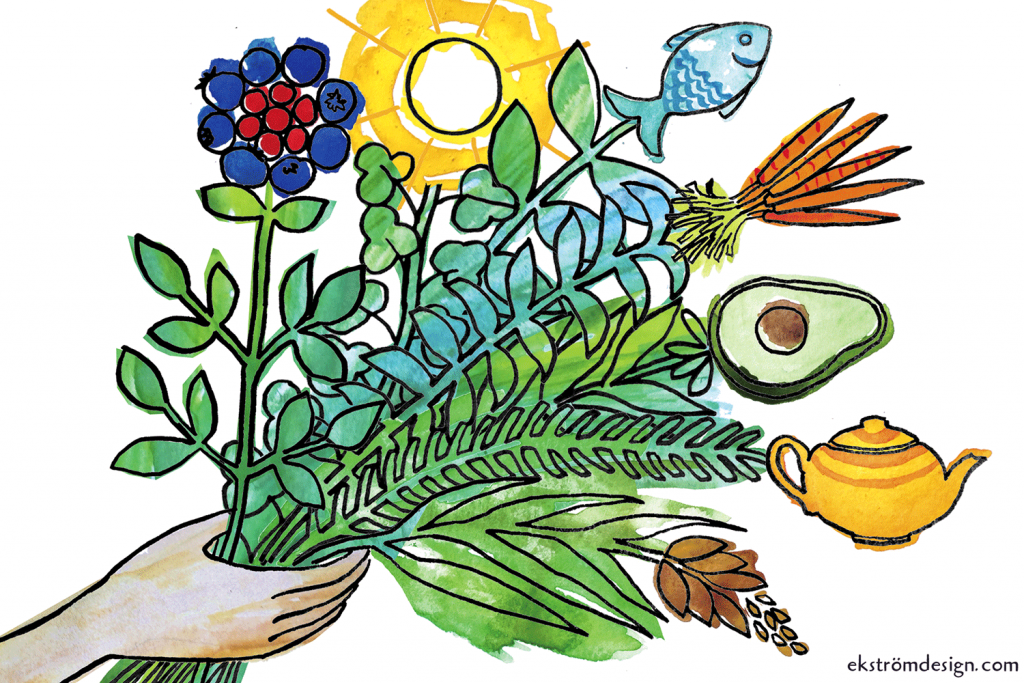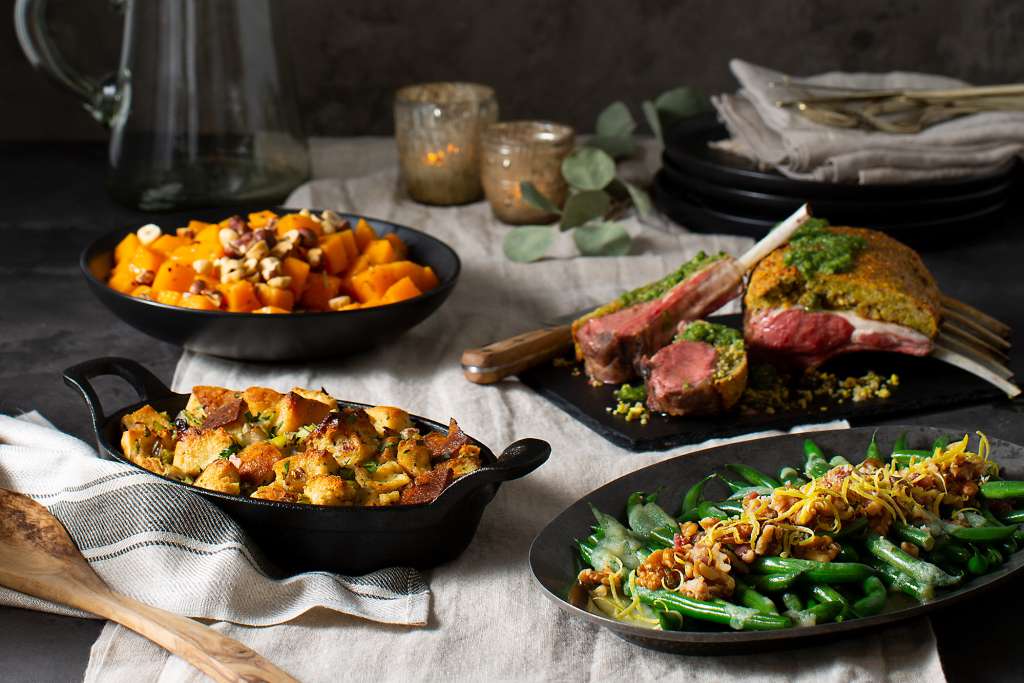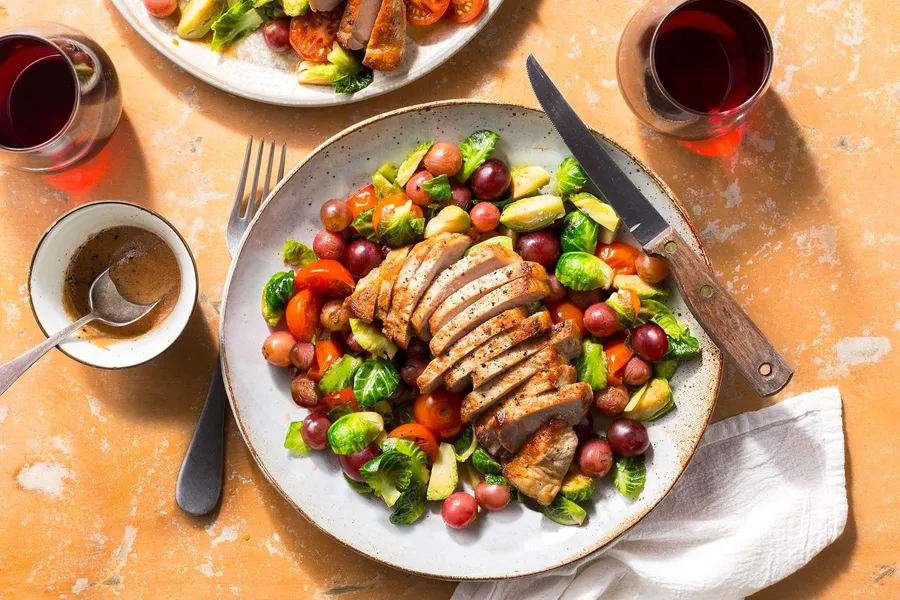Get Your Vitamin Zzz’s
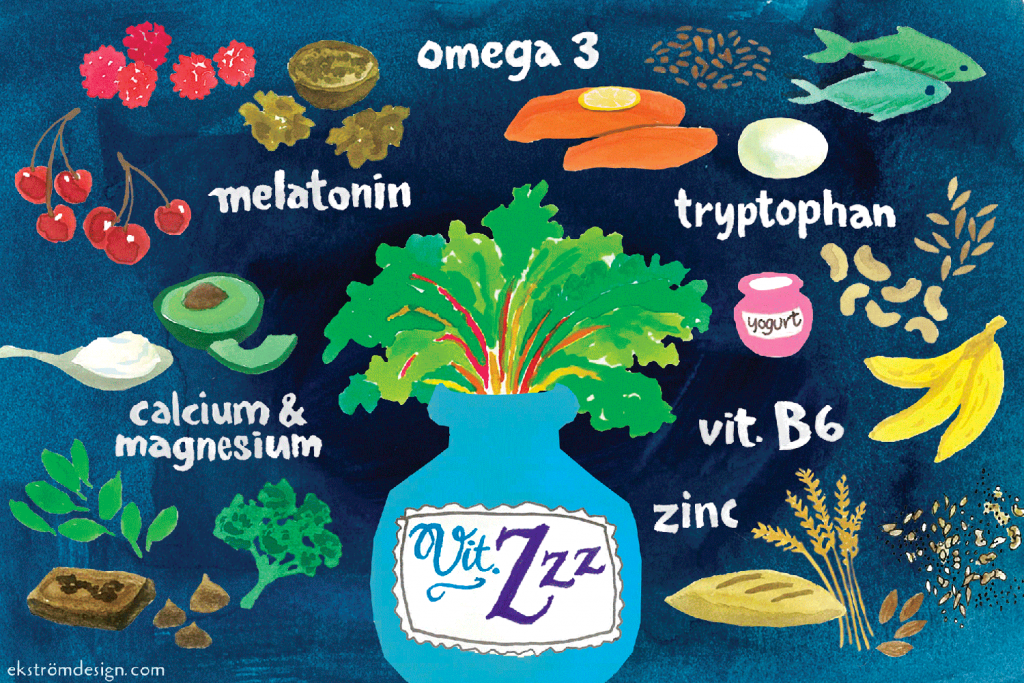
You’ve heard time and time again that getting at least eight hours of sleep every night is important. But the relationship between food and sleep deserves just as much attention.
How much sleep you get affects what you eat, and what you eat affects how you sleep. There are a handful of nutrients that play a major role in the production of sleep-related hormones and neurotransmitters, meaning that adding them to your diet could have you sleeping like a baby. Luckily, you can find these essentials in some very delicious foods:
- Calcium and Magnesium produce a calming effect and promote relaxation. You’ll find calcium in leafy greens, broccoli, artichokes, almonds, sesame seeds, tahini, and yogurt. Avocados, dark chocolate, figs, black beans and lentils, spinach, and chard are full of magnesium.
- Melatonin helps control the sleep-wake cycle. Levels of this hormone rise after the sun has set and stay elevated most of the night. When the sun rises, melatonin levels drop, prompting you to wake up. Cherries, corn, ginger, oats, radishes, red wine, walnuts, and raspberries make a great evening snack.
- Omega-3 Fatty Acids contribute to the body’s own production of melatonin. Egg yolks, salmon, sardines, tuna, and walnuts are great sources of this healthy fat.
- Tryptophan promotes the synthesis of serotonin, which promotes the production of melatonin. You’ll find high levels of it in bananas, beans, cashews, chicken, eggs, pumpkin seeds, tofu, turkey, and yogurt.
- Vitamin B6 is also involved in the production of serotonin, the precursor of melatonin. Avocados, bananas, chicken breasts, grass-fed beef, pistachios, tuna, and turkey are all great sources of B6.
- Zinc is yet another nutrient involved in the production of serotonin and thus, melatonin. Garlic, grass-fed beef, kidney beans, peanuts, pumpkin seeds, oysters, and shrimp are full of zinc.
Artwork by Ekström Design


